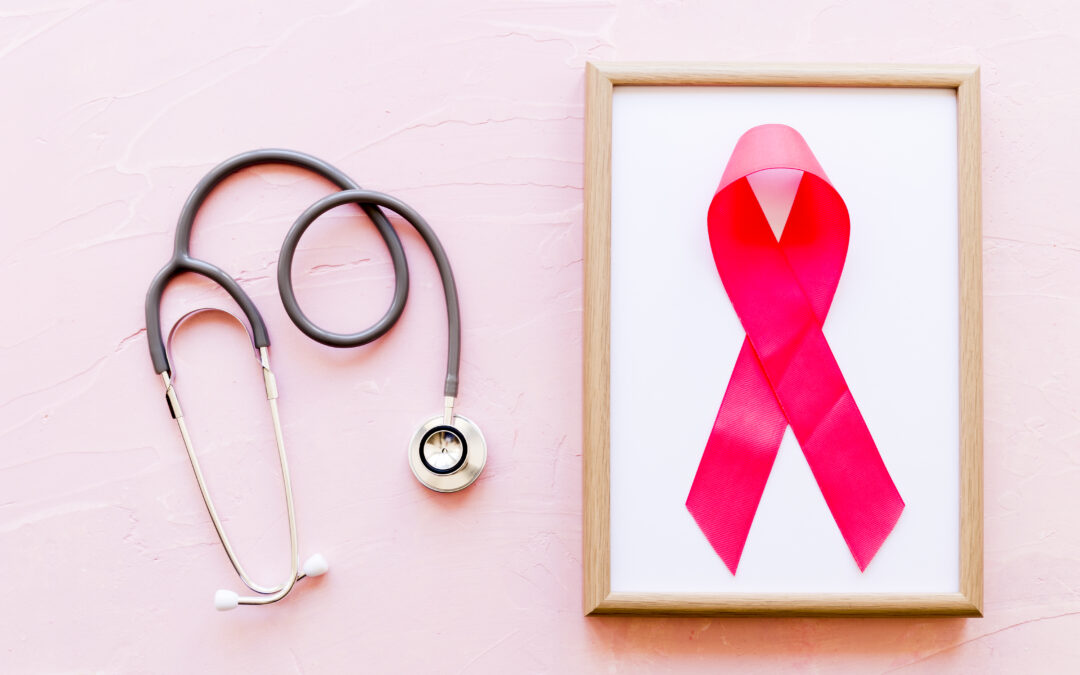Awareness Alone is Not Enough
In Pakistan, breast cancer awareness campaigns have grown stronger in recent years, but awareness by itself does not save lives — timely action does. Many women have heard about breast cancer, yet far fewer actually take the step of scheduling regular checkups or screenings. This gap between knowledge and practice is one of the biggest reasons why breast cancer is often diagnosed at late stages, when treatment becomes more complex and survival rates drop.
Why Regular Screenings Matter
-
Clinical breast exams and mammograms help detect cancer at an early, more treatable stage.
-
A small lump found during a routine checkup often requires less aggressive treatment.
-
Delayed detection usually leads to more complicated and harder-to-treat cases.
-
Many women in Pakistan avoid screenings due to fear, stigma, or lack of family support.
-
Treating screenings like routine health checks (blood pressure, diabetes tests, etc.) can normalize breast health practices.
Overcoming Cultural Barriers
Cultural beliefs and social norms continue to discourage women from seeking timely help. Some women feel embarrassed, while others assume they are too young to be at risk. These barriers delay action until symptoms worsen. To change this, healthcare providers, community leaders, and awareness programs must reassure women that screenings are nothing to be ashamed of. Instead, they are a responsible step to protect one’s health and family.
Building a Culture of Screenings
Reducing breast cancer mortality in Pakistan requires a shift from simple awareness to consistent action. Women must be encouraged not only to perform self-exams but also to undergo regular clinical checkups. Early detection is only possible when awareness turns into habit. Building a culture where screenings are normalized, accessible, and encouraged could save thousands of lives every year.

